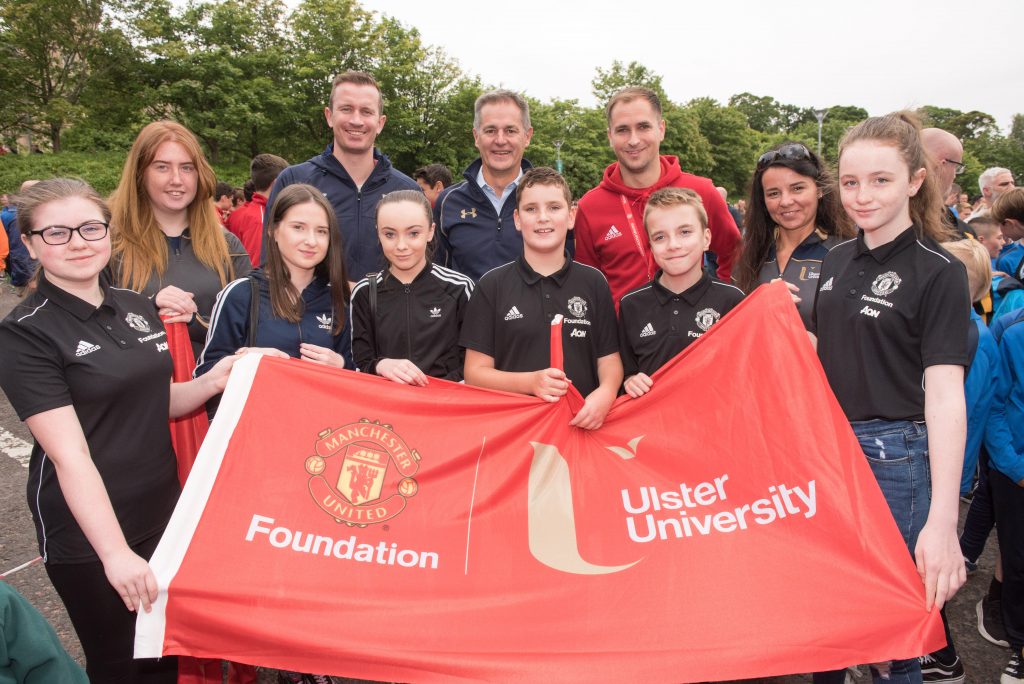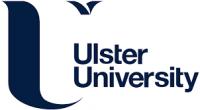Peace and Conflict Studies MSc
One of the core strengths of the MSc programme in Peace and Conflict Studies at Ulster University is its location. Northern Ireland is a society emerging from conflict and students on the programme has an opportunity to explore not only the theoretical and practice debates of conflict transformation and peacebuilding in the classroom but to see how peace is negotiated and delivered at both political and community level on a daily basis. With exit points at PgCert and PgDip levels, this programme provides a structured learning opportunity to analyze the dynamic and constantly changing field of conflict transformation and peacebuilding. Focusing on the latest research and concepts in peace and conflict studies and practice, participants are invited to compare, contrast and learn from different contexts and perspectives.
The emphasis of the INCORE programme is consistent with the vision of Ulster University to be a leading provider of professional education for professional life and the geographical scope of INCORE’s work in research, policy, and practice is both local and global.
The programme stresses the development of skills relevant to graduates who want to go on to be practitioners, researchers and policymakers in the peace and conflict field. The overall approach seeks to develop the critical, theoretical and analytical skills necessary for working in conflicted societies – in ways that are grounded in real life application and case studies.
Students in the programme have access to leading academics and practitioners working to address both the causes and consequences of conflict locally and internationally, and to promote better peacemaking and peacebuilding strategies. The experience of engaging with leading academics and practitioners in the field is a hallmark of the programme and the location of the programme in Northern Ireland ensures that there is an open door between classroom and experiential learning.
The knowledge and capacities developed by students are transferable across sectors and regions, making their skill-set mobile and flexible within a globalised job market. Graduates of the programme will have key research and practice skills which will equip them to pursue careers in a wide range of fields, including conflict resolution, human rights, community and economic development, social justice, psychosocial interventions, education, law, social work and politics among others. Development and humanitarian organisations, in particular, are increasingly recognising the value of employing staff with a strong understanding and knowledge of conflict resolution and peacebuilding issues, particularly given the prevalence of tensions and conflict in developing countries. The knowledge and skills gained during the MSc. in Peace and Conflict Studies also has applicability and desirability for employers within the public and private sector, particularly in the areas of negotiation, mediation and conflict resolution.
Intakes
- Sep
Application Processing Time in Days: 20
Application Process
Minimum English Language Requirements
| English Level Description | IELTS (1.0 -9.0) | TOEFL IBT (0-120) | TOEFL CBT (0-300) | PTE (10-90) | |
|---|---|---|---|---|---|
| Expert | 9 | 120 | 297-300 | 86-90 | |
| Very Good | 8.5 | 115-119 | 280-293 | 83-86 | |
| Very Good | 8 | 110-114 | 270-280 | 79-83 | |
| Good | 7.5 | 102-109 | 253-267 | 73-79 | |
| Good | 7 | 94-101 | 240-253 | 65-73 | |
| Competent | 6.5 | 79-93 | 213-233 | 58-65 | |
| Competent | 6 | 60-78 | 170-210 | 50-58 | |
| Modest | 5.5 | 46-59 | 133-210 | 43-50 | |
| Modest | 5 | 35-45 | 107-133 | 36-43 | |
| Limited | 4 | 32-34 | 97-103 | 30-36 | |
| Extremely Limited | < 4 | < 31 | < 93 | < 30 |
- Course Type: Full Time
- Course Level: Masters/PG Degree
- Duration: 01 Year
-
Total Tuition Fee:
14060 GBP
Annual Cost of Living: 9207 GBP
Application Fee: N/A
Similar Programs
- Planning, Regeneration and Development MSci (Hons) at Ulster University
- Photography (MFA) (eLearning) at Ulster University
- Photography (MFA) MFA at Ulster University
- Peace and Conflict Studies MSc at Ulster University
- Museum Practice and Management PgDip/MA (eLearning) at Ulster University
- Journalism MA at Ulster University

